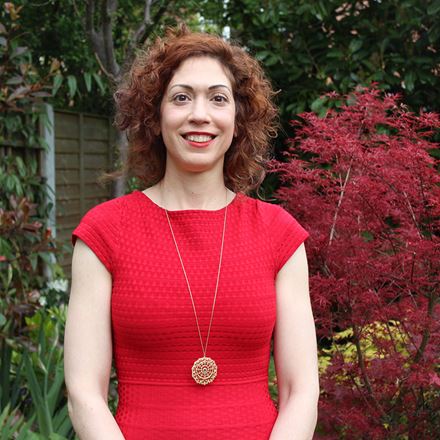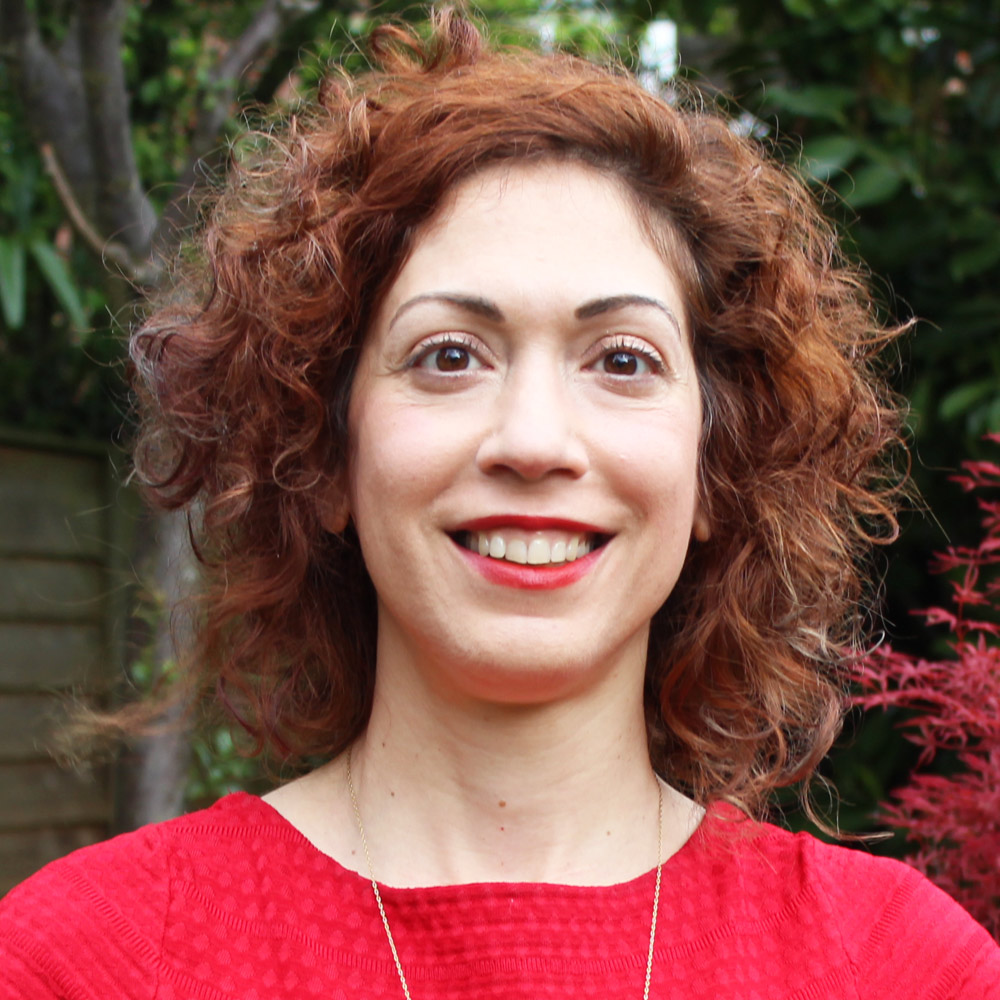Peace Dividends and Post-conflict Reconstruction
Looking beyond traditional security objectives - insights to UN peacekeeping
- To examine whether the peacekeeping peace dividends found for health and education extend more broadly to post-conflict reconstruction and institutional development, and whether the effects of UN peacekeeping extend to other security international organisations.
- To identify how expected development trajectories can be influenced by changes in the security environment and behaviour of local actors.
- To identify the policies that are likely to assists shifts in expected trajectories, and the conditions under which they can be effective in proving long-term positive peace.
Background
This project breaks new ground in examining peacekeeping dividends across a broad set of outcomes, evaluating policies that best leverage positive externalities of peacekeeping, bridging research on short-term peacekeeping and long-term peacebuilding objectives and large-N comparative and case studies.
It will transform our understanding of post-conflict reconstruction and long-term sustainable development.
Building on my previous work showing how United Nations peacekeeping and the successful provision of security can have broader dividends, with improvements in maternal health and education in Africa, I will examine if peacekeeping efforts scale and if we can discern broader dividends on post-conflict reconstruction, including successful state-building. I conceptualise peacekeeping dividends as outcomes exceeding expected or projected baselines - contrasting with conflict traps, where the cost of conflict leads to outcomes that remain below expected trajectories.
The project develops an new systematic Peace Dividend Matrix, where observed and expected outcomes are compared across three dimensions:
- human development
- political inclusion and gender equality
- governmental capacity
This ambitious research project looks beyond traditional security objectives, relating the quality of peace and development to changes in security. It develops generalisable insights beyond UN peacekeeping, using rigorous methodologies, and considering future trends.
Whereas the end of the Cold War led to a surge of UN peacekeeping missions, the current “new” Cold War between the permanent five UN Security Council members leaves less scope for UN peacekeeping. I start with evidence from the UN and examine to what extent the causal mechanisms also apply to other organisations engaging in peacekeeping, i.e. the European Union and the African Union.The analyses combine comparative analyses of historical data, case studies, and simulations of future scenarios.
Funding
A new project PRIO partners with at the University of Essex receives a €2.47million European Research Council Advanced Grant and is funded by UKRI Frontier Research Grant.

In a blog first published on the PRIO website, Professor Ismene Gizelis and Louise Olsson discuss the hidden benefits of UN peacekeeping operations. Delve into how these missions not only quell violence but also pave the way for lasting peace, economic recovery, and societal transformation, challenging conventional perceptions of their effectiveness.

